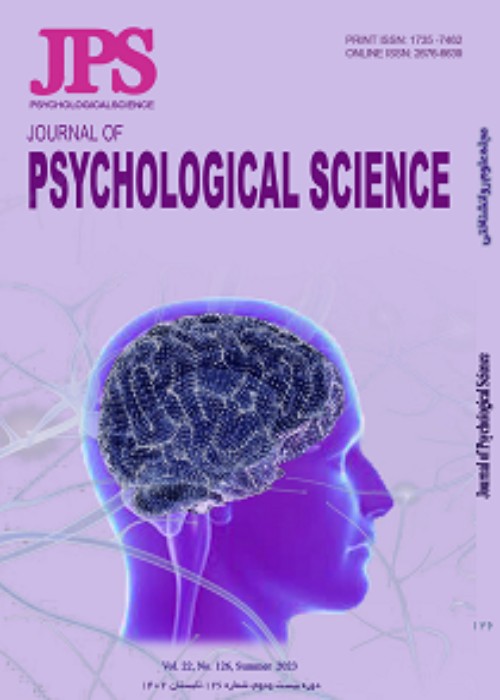Predicting tempting beliefs of methamphetamine use in male users based on psychological distress with the mediating role of self-efficacy
Beliefs about drug cravings hold considerable sway in the realm of substance abuse and addiction. Delving into the contributing factors influencing these beliefs, including self-efficacy and psychological distress, offers valuable insights into the perpetuation and establishment of addiction among men engaged in methamphetamine abuse.
The primary objective of this study was to forecast the correlation between self-efficacy, psychological distress, and drug craving beliefs among men abusing methamphetamine. The specific emphasis was placed on investigating the intermediary function of self-efficacy and psychological distress within this correlation.
The research employed a descriptive-correlational approach utilizing structural equation modeling as the methodology. The statistical population encompassed men between the ages of 20 and 65 who engaged in methamphetamine abuse during the period of 2022 to 2023. Utilizing specific inclusion and exclusion criteria, a total of 262 individuals were chosen through convenience sampling. These participants completed questionnaires evaluating craving beliefs, depression, anxiety-stress, and general self-efficacy. Data analysis was conducted employing the structural equation method and SMARTPLS software.
The examination of fitness indicators against the proposed causal model validated the suitability of the established model. Findings from the direct standard regression coefficients indicated that psychological distress correlates with heightened drug use craving beliefs. Additionally, psychological distress exhibited a direct and adverse impact on self-efficacy, while self-efficacy demonstrated a direct and negative influence on craving beliefs. Furthermore, self-efficacy was identified as a mediator in the connection between psychological distress and craving beliefs.
Psychological distress diminishes self-efficacy, contributing to persistent cravings for ongoing substance abuse over the long term.
- حق عضویت دریافتی صرف حمایت از نشریات عضو و نگهداری، تکمیل و توسعه مگیران میشود.
- پرداخت حق اشتراک و دانلود مقالات اجازه بازنشر آن در سایر رسانههای چاپی و دیجیتال را به کاربر نمیدهد.


